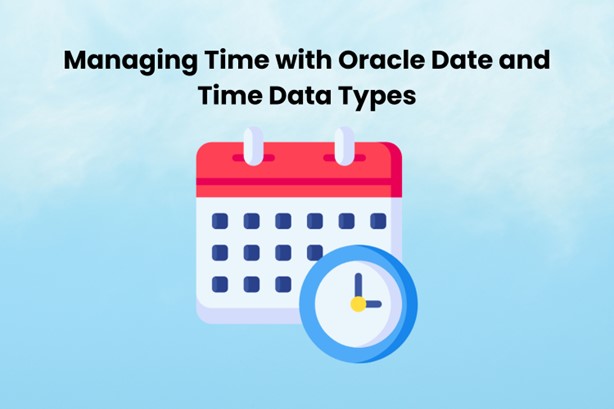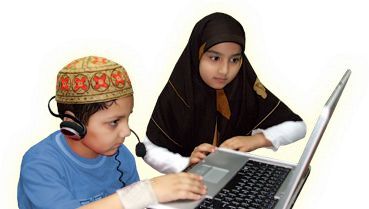Physical education is a crucial component of preschoolers’ growth and development. Children can become more flexible and build stronger muscles through dancing, running, cycling, or sports such as basketball, football, etc. The best preschool in Bangalore ensures their students participate in vigorous physical activity for at least one hour daily.
Being physically active helps people live healthier lives, enhancing their overall health. Physical activity is essential for learning and healthy growth and development. Research has demonstrated that physical activity, including team sports, biking, swimming at the beach, and playground games, improves brain function and academic performance.
This post will discuss how physical education benefits students for academic success.
The Advantages of Physical Education for the Brain
A person’s level of physical exercise directly affects their behaviour and brain development. It is believed that exercise can enhance a child’s brain function. Let’s see how.
- More oxygen is delivered to the brain.
- Your capacity to concentrate, learn, remember, and cope with stress is improved due to an increase in brain neurotransmitters.
- Increased brain-derived neurotrophin production ensures the survival of neurons in brain regions involved in memory, learning, and higher-order thinking.
Physical Fitness and Better Grades
Physical activity affects cognitive abilities like concentration and attention, as well as classroom attitudes and behaviours.
Physically healthy children are more likely to do better in school and earn higher grades, according to a University of Illinois study. Electroencephalograms (EEGs) were administered to research participants’ children to track brain activity and how quickly the brain reacts to various stimuli. Researchers discovered that physically fit youngsters had more robust and faster firing brain synapses, which improved their linguistic skills.
Not only were the physically fitter children better readers, but also better readers of sections riddled with grammatical errors. The researchers examined their ability to recognise grammatical faults and the brainwave patterns associated with language. These children performed well in both brain wave groups and had a superior comprehension of illogical or mistake-filled words.
Another study discovered beneficial connections between academic success, physical activity, fitness, and cognitive performance. Evidence suggests that brain regions that facilitate complicated cognitive functions during laboratory tasks are related to physical activity. It also established the significance of physical activity for overall health, development, and growth.
Physical activity was discovered to improve brain function and academic performance, among other advantages, at the Copenhagen Consensus Conference 2016, which brought together 24 researchers from eight different nations and academic disciplines.
The British Journal of Sports Medicine released a consensus statement outlining the benefits of physical activity for children and teenagers aged 6 to 18.
Enhancing their cognitive abilities
- Children’s brain function, cognition, and academic achievement improve after just one moderate physical activity session.
- Learning fundamental movement techniques enhances cognitive function and academic success.
- The time spent away from classes for physical activity does not affect academic performance.
Nurturing their interest, drive, and psychological health
- Physically active children have higher self-esteem.
- It fosters connections with instructors, parents, and peers.
- Kids’ motivation, behaviour related to physical activity, and overall well-being are improved in a loving atmosphere that encourages autonomy.
- Training in physical activity regularly fosters fundamental values like respect and social responsibility and interpersonal and self-control skills.
Conclusion
Children should be encouraged and supported to participate in any physical exercise. They must be shown how to begin, and these tasks must be fun. Instead of making a child play football if they prefer dancing, enrolling them in a dance class is preferable. Moreover, ensuring kids are adequately hydrated before and after any outdoor exercise is essential. Give them a water bottle if necessary. In addition, get the appropriate size safety gear for the activity, and always play it safe.
The best Montessori schools in Bangalore effectively understand physical education’s importance for academic success. They plan and implement strategies to engage students in physical activities, improving their general health and achieving academic success.

















